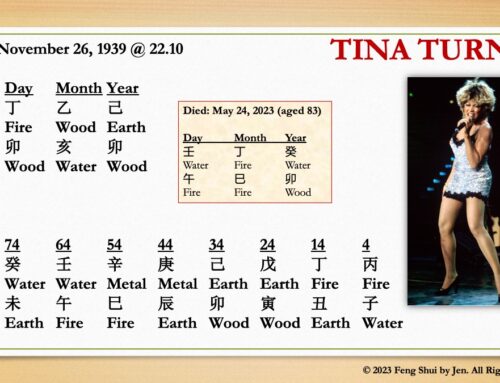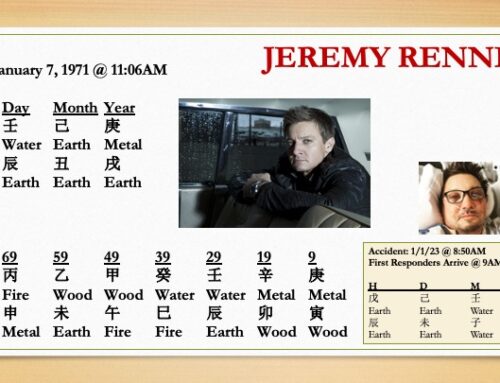What is Time in Feng Shui?
We are used to seeing time as a line, flowing from past to present and from present to future. Except in Classical Feng Shui, time is not linear but cyclical. The flow of energy in the universe changes with the passing of time, evidenced by the changes in the four seasons.
When time is experienced as a cycle, there is no beginning and no end. Events come and go, and come again; and when one cycle ends, another begins. It ebbs and flows in constant movement.
Because Classical Feng Shui, not Western Feng Shui, takes into account the variable factor of time, we have a system to help us do just that. And so, the Chinese Feng Shui calendar, which follows the life of the Sun, is designed to chart and measure the cycles of time and the changes that accompany each cycle.
There are four major time cycles:
- The “Sexagenary” Cycle of 60 years
- The Three Eras (or Periods), with 60 years to an Era
- The Nine Cycles, with 20 years to a Cycle; and
- The 24-hour seasonal markers, two markers for each of the 12 months of the year.
To do Feng Shui well, you cannot ignore the factor of time. Just like the fortune of a person changes over time, the fortune of a house also changes. Life as we know it is not a static event.
That’s why when you understand how Time affects Space, it will not only articulate why or how certain events occur, but it can also be used as a valuable forecasting tool, which can help you proactively manage the ups and downs of the fortune of your home and your life.
Copyright © | Feng Shui by Jen LLC | All Rights Reserved | Materials may not be copied, translated, or distributed without prior written consent.





